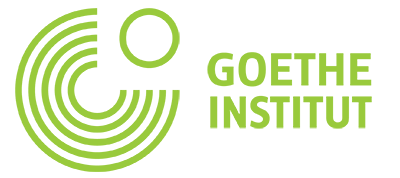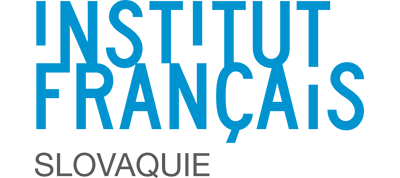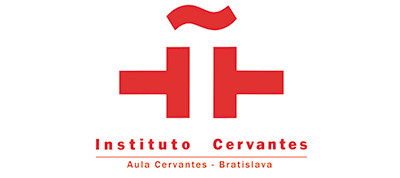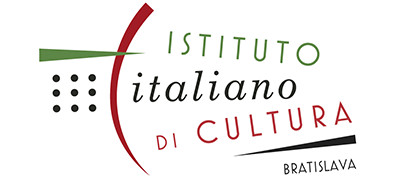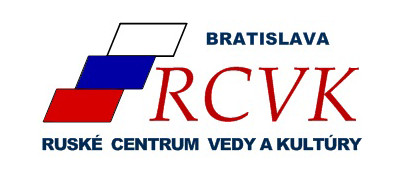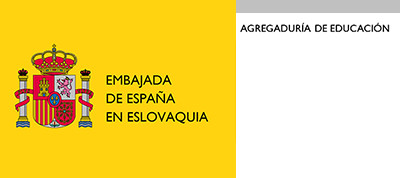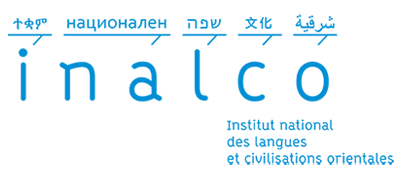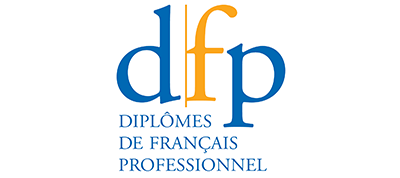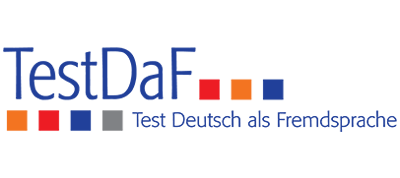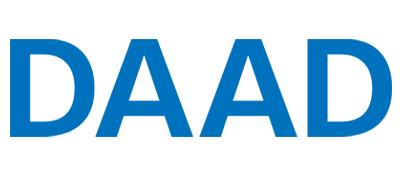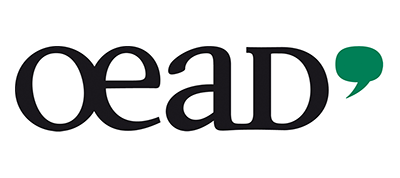In the course of more than seventy years history of the University of Economics in Bratislava foreign language teaching has always played a significant role. The order of importance of teaching different languages has varied, which was related to the development of trade, as well as to the political layout of the world. At the beginning the Institute for Foreign Language Studies was set up and in the first year of the former High School of Business (1940/1941) German was an obligatory language here. In addition, seven foreign languages were taught here as well. Their significant position in the then training of future traders and economists also demonstrates the fact that language teaching was included throughout eight semesters of study.
Later on, the leader of foreign languages became Russian. In the academic year 1952/1953, the Department of Non-Slavic languages was founded, along with the Department of Russian language. Russian became a mandatory subject and students could choose one language out of other foreign languages . Language teaching was divided into five semesters. Since 1969, foreign language departments have been reclassified to the Faculty of Commerce.
After the political changes in 1989, a new situation required a solution to current challenges and problems associated with the concept of foreign language learning at the former High School of Economics (1953 – 1992). The English language teaching took the first place.
The new concept of foreign language teaching, submitted for approval by the former academic senate, included a proposal to transform foreign language departments into the Institute of Languages and a proposal to introduce a module system of language teaching. On the 1 October 1990, the Institute of Languages has been set up as a pedagogical and research department.
After the Act no 131/2002 Coll. on higher education and on changing and amending certain laws, entered into force, the academic year 2005/2006 has marked major changes in the higher education system at the faculties of the University of Economics in Bratislava. All its faculties offered a credit method of study, which has been compatible with the European ECTS standard since the academic year 2005/2006 and the foreign language teaching was adapted to it.
In the period of globalization and the need for training professional workers, in particular for multicultural societies and organizations, the academic year 2009/2010 was open to a 3-year bachelor degree program “Foreign languages and intercultural communication” in the field of study “Foreign languages and cultures”. Following the accreditation of the study program “Foreign Languages and Intercultural Communication”, and in line with the long-term intention of the development of the University of Economics in Bratislava until 2011 (with a view to 2015), the Institute of Languages of the University of Economics in Bratislava has continuously been transformed to the Faculty of Applied Languages of the University of Economics in Bratislava on the 1.6.2010.
Currently, the Faculty of Applied Languages, established by the rector decree of the University of Economics in Bratislava in 2010, was one of the seven faculties of the University of Economics in Bratislava. (hyperlink decree – FAJ-image in jpg)
The Faculty of Applied Languages of the University of Economics in Bratislava offers a study of interdisciplinary character, which ranks to modern educational institutions that respond to different conditions in different cultures of the globalized world. Research activities, publications, training and education are related to the primary mission of the Faculty which sets up conditions for strengthening its mission. The education system of the Faculty is dynamic. It is characterized by a constant search for optimal pathways to educate future graduates so that they can successfully and creatively address the challenges they face in their daily professional life.


